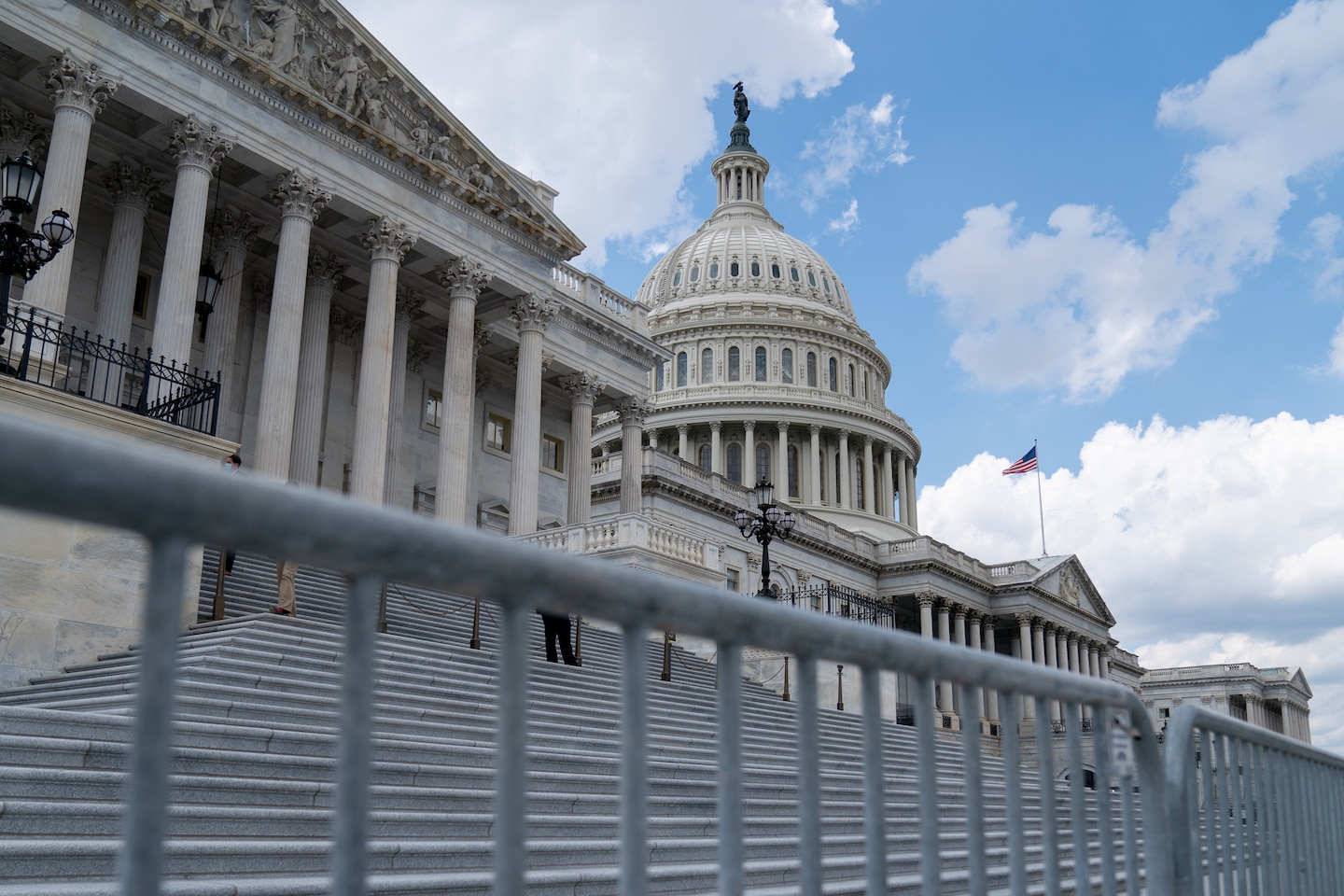New House bill seeks equal pay, protections for growing legions of temporary workers

The bill would prohibit the use of forced arbitration, a legal maneuver that shields companies from lawsuits, as well as noncompete agreements, which often prevent workers from seeking permanent employment at the firms they work for, advocates say.
It would also ensure that staffing agencies offer paid sick leave for coronavirus cases or quarantines to employees, even if the agency has more than 500 employees.
“Temporary workers battled daily against discrimination, wage theft, workplace abuse, and predatory corporations,” Kennedy said in a statement. “But long before covid-19 shook our economy to its core, temp workers were intentionally carved out of policies meant to enshrine economic justice, which has left them vulnerable to the worst actors in our society.”
Critics of the bill, including the American Staffing Association, say the bill would reduce companies’ flexibility in the labor market and hurt job creation at a time when too many people are already unemployed.
“If enacted, the bill would significantly impede the nascent economic recovery by imposing major new burdens on the staffing industry — an industry that has traditionally led the nation out of recession by offering employers the opportunity to test the waters with temporary and contract workers and subsequently offer them permanent employment,” the American Staffing Association said in a statement.
According to pre-pandemic figures from the Bureau of Labor Statistics, there are about 2.95 million temporary workers in the United States, although advocates say the figure misses other kinds of temporary workers. Temporary workers include those not hired directly by a company who, for example, work at a staffing agency. But it also includes workers who are hired for a short period of time with a defined end date.
The bill comes amid a conversation about strengthening pay and protections for front-line workers — one that has grown louder since the pandemic laid bare some of the shortcomings in the way low-wage workers are treated on issues like benefits, such as health care, pay and workplace safety.
It has been in the works since at least last summer, when Kennedy reached out to the nonprofit Temp Worker Justice to research the issue, its director Dave DeSario said in an interview.
“This is the most comprehensive and needed fix for this huge industry that’s ever been proposed at the federal level,” DeSario said, noting that all but three states lack laws to regulate temp work specifically.
Temporary workers are twice as likely as permanent workers to be black and 50 percent as likely to be Hispanic. They are also more likely to work lower-paying jobs and receive fewer benefits than permanent employees. Temporary workers are across industries, including many that have been essential during the pandemic, including health care, manufacturing, transportation and warehousing. DeSario said he’s heard of temporary workers at some of the companies working to develop a coronavirus vaccine.






